Donald Trump recently hosted a church roundtable that was promoted as an attempt for the Trump campaign to reach out to Black voters.
The stunt event has been widely ridiculed after photographs circulated showing a predominantly white turnout. Now the Detroit pastor who hosted the roundtable has spoken out.
Trying to Rally Support From Black Voters
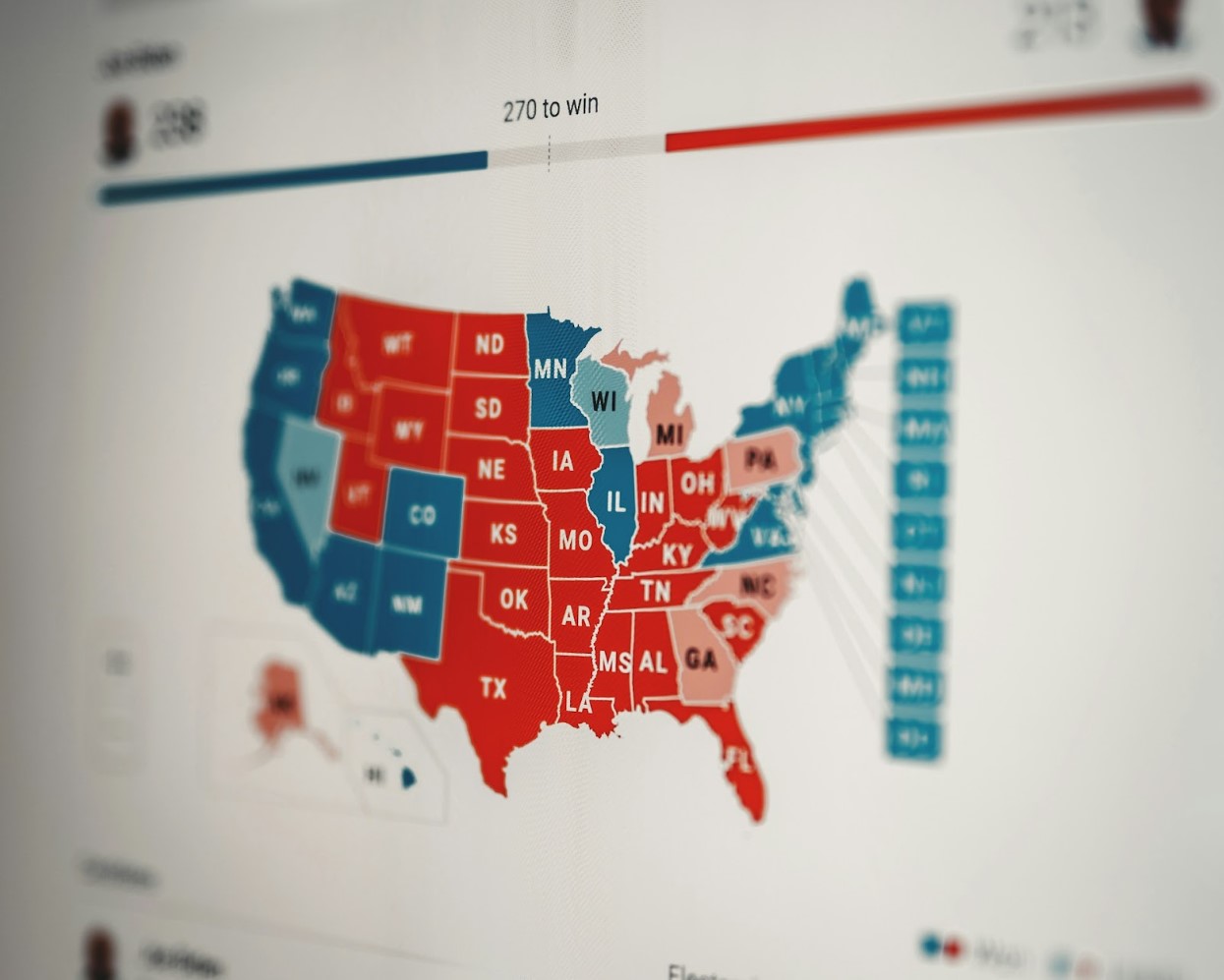
The Trump Campaign has launched its Black voter coalition group in an effort to court the support of Black voters come November.
This is a voting bloc that has strongly supported the Democrats in past elections, but this time around appears unusually open to Trump, according to recent public polling.
Trump’s Roundtable

As part of these efforts to grow Trump’s support among Black voters, the former President held a community roundtable at 180 Church in Detroit, a predominantly Black worship center.
Also attending the Detroit roundtable were prominent Black Republicans, like former Secretary of Housing and Urban Development Ben Carson and Reps. Byron Donalds, R-Fla., and John James, R-Mich.
People Laughed at the Idea of Attending
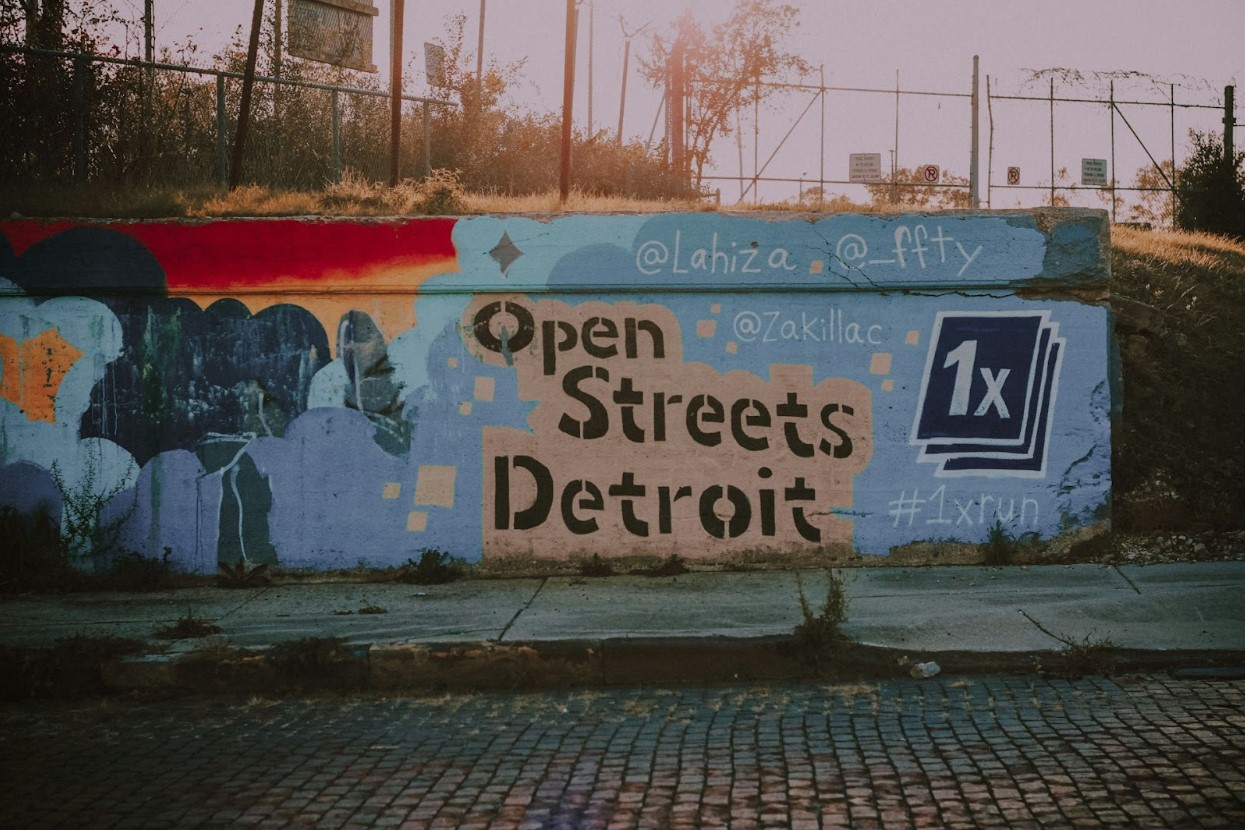
Pastor Lorenzo Sewell, who hosted the event, spoke to MSNBC’s Charles Coleman Jr. about the roundtable.
Sewell describes speaking to people in the community about the event: “I remember walking down Grand River, a place that is desolate on the west side of Detroit, and walking down the street and just inviting people, saying, ‘The former president is here if you want to come.’ They were laughing like I was when I first was approached.”
A White Audience
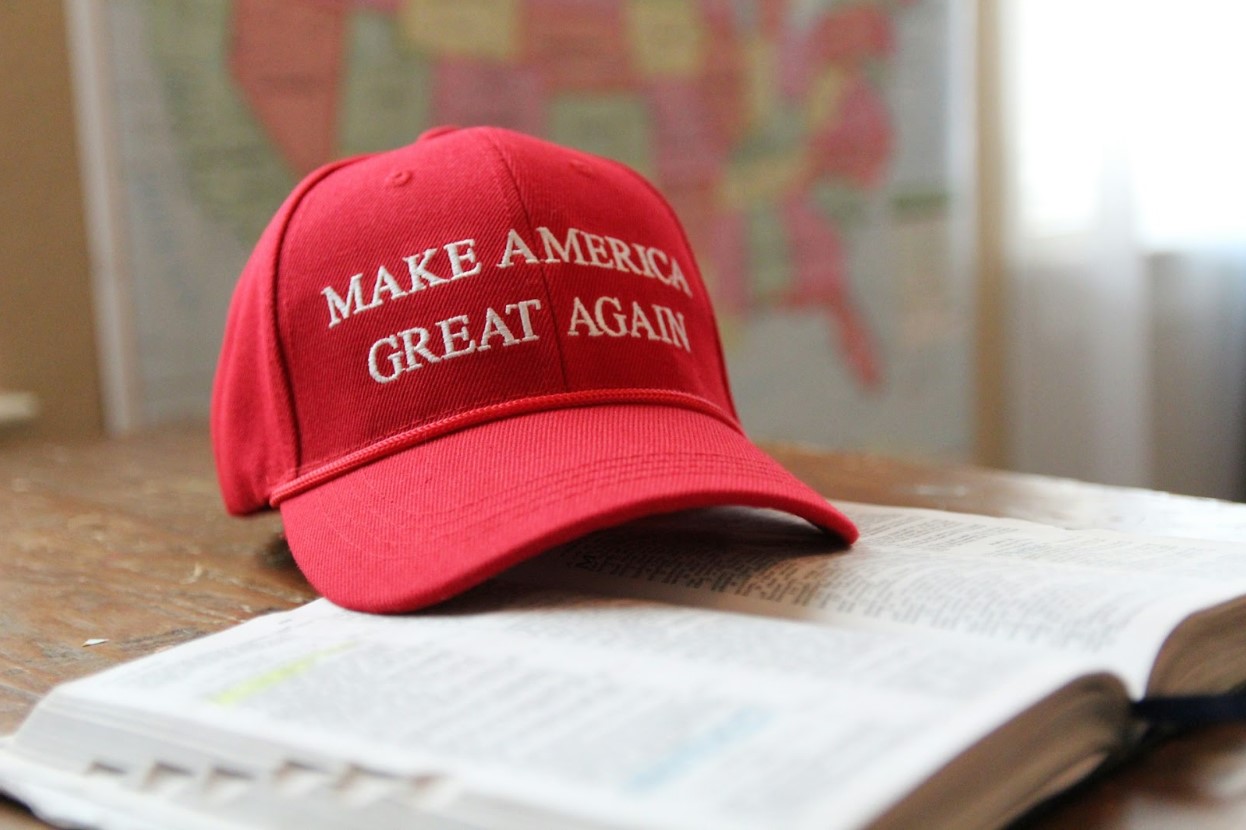
The roundtable event has been ridiculed for having a turnout of mostly white attendees, despite the reason for the roundtable ostensibly being to discuss Black concerns with members of Black communities.
When asked whether the crowd was “mostly white,” Sewell responded: “I was very surprised … about how many black people were actually, physically in the building.”
Not a Political Event for Sewell
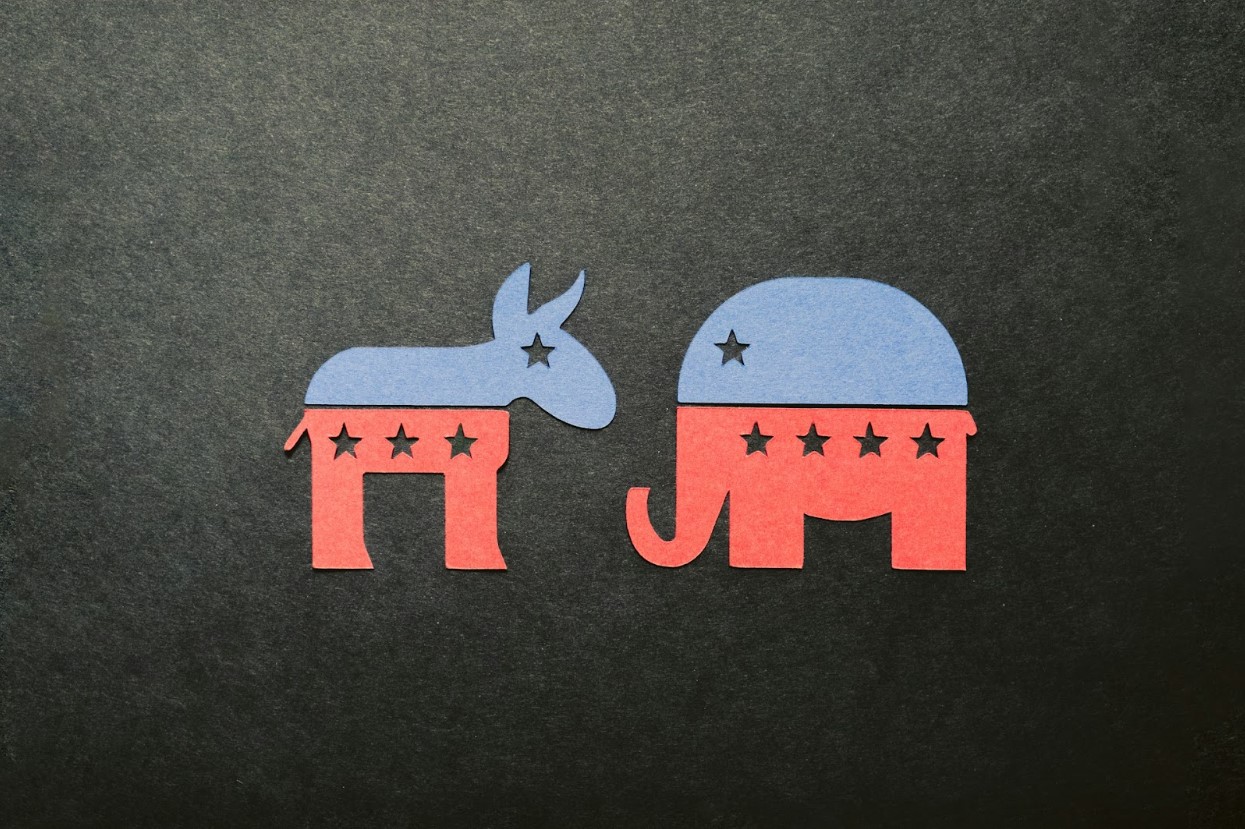
Though a Republican campaign event, for Sewell this was about community, not politics. He says he has no political affiliations and hosted the event simply to bring together community leaders.
“I don’t worship a donkey or elephant,” Sewell said. “I worship the lamb of God slain for the sins of the world and anybody who can come to his house and be prayed over.”
Not Everyone’s Response Has Been as Measured as Sewell’s
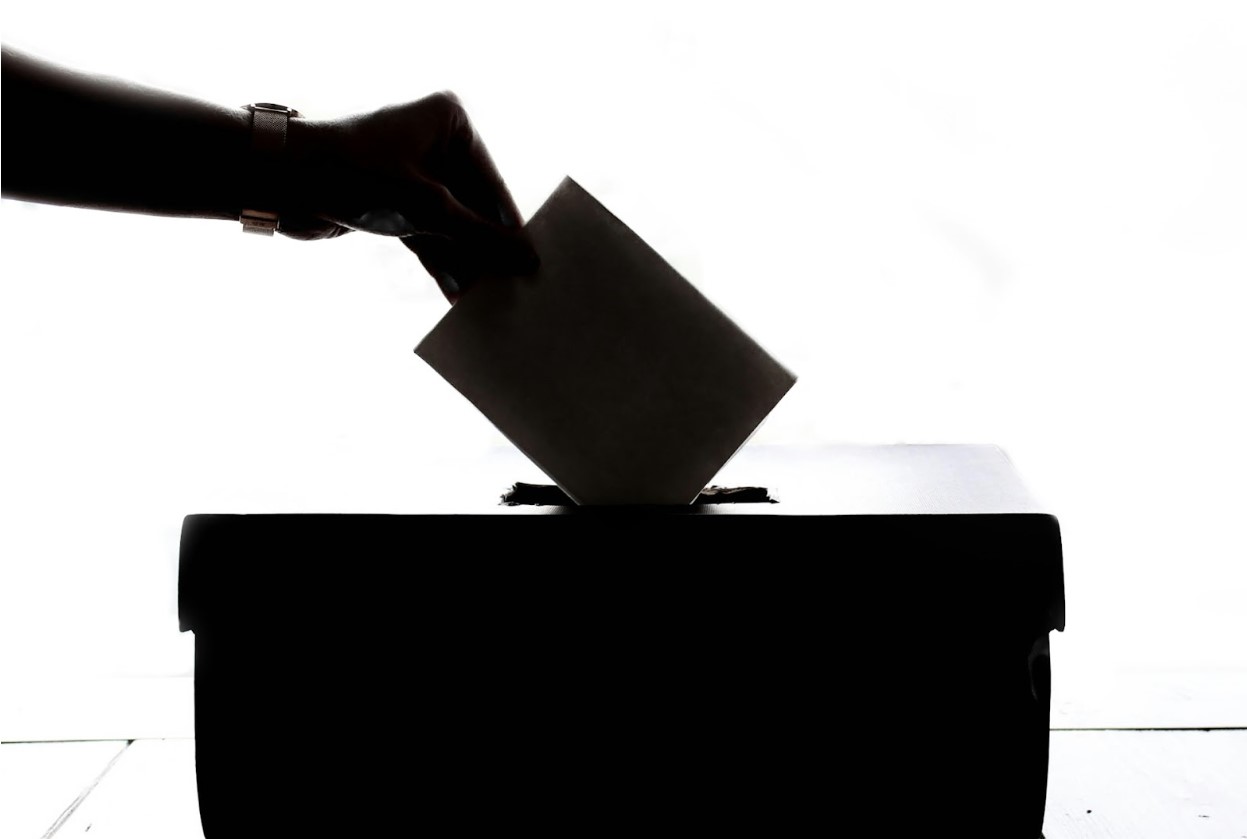
Sewell’s somewhat diplomatic response to questions about the event is in stark contrast to Coleman’s next guest on the program, Dr. Wendell Anthony, also a pastor and president of the Detroit Branch NAACP.
Anthony states that Trump “didn’t articulate any policy … he articulated the fact that he wanted to come and get some Black votes.”
Anthony’s Criticism
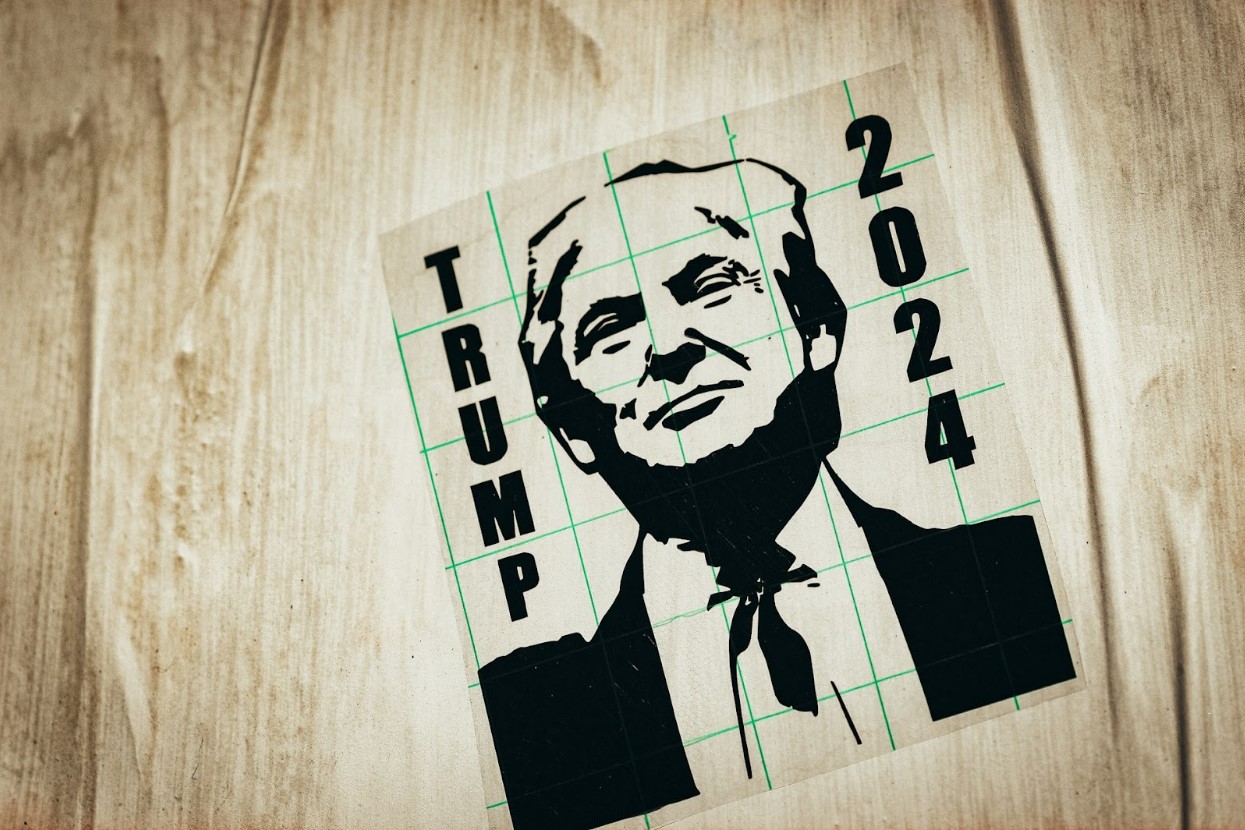
Dr. Anthony criticized the motives and the execution of the roundtable gathering further saying, “We don’t need people to stand up on frivolity. We need you to come in and talk about policy.”
He gave a warning to voters who might be taken in by the Trump campaign’s performative attempts to secure Black votes: “Don’t fall for the snake because every time you do, you get bit.”
Black Americans for Trump
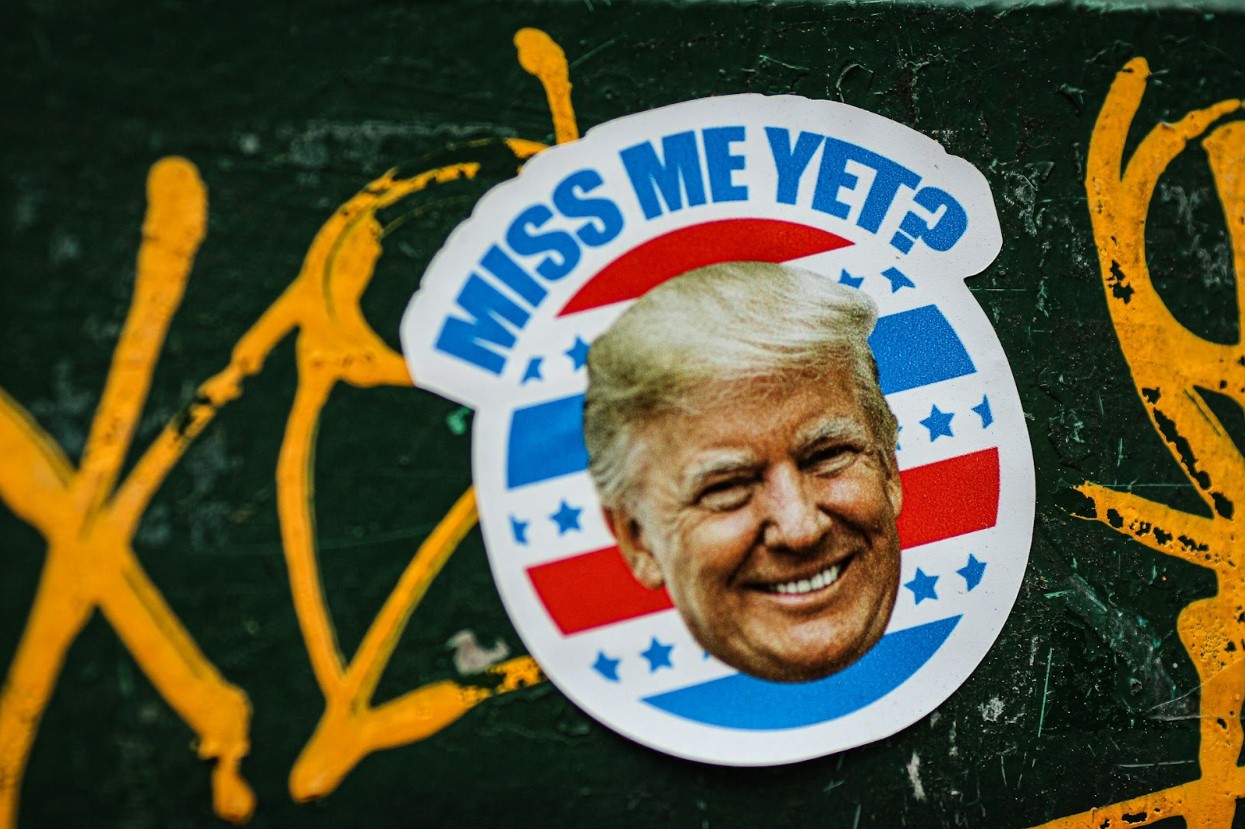
The Detroit event was intended as the start of the Trump campaign capitalizing on inroads it seems to have made among Black voters.
In a statement celebrating the launch of its “Black Americans for Trump” effort, the Trump campaign stated: “Historic rates of Black voters now support President Trump, and the reason is simple: Black voters know that President Trump is the only presidential candidate who can deliver results on day one because he already has.”
Reasons for This Support
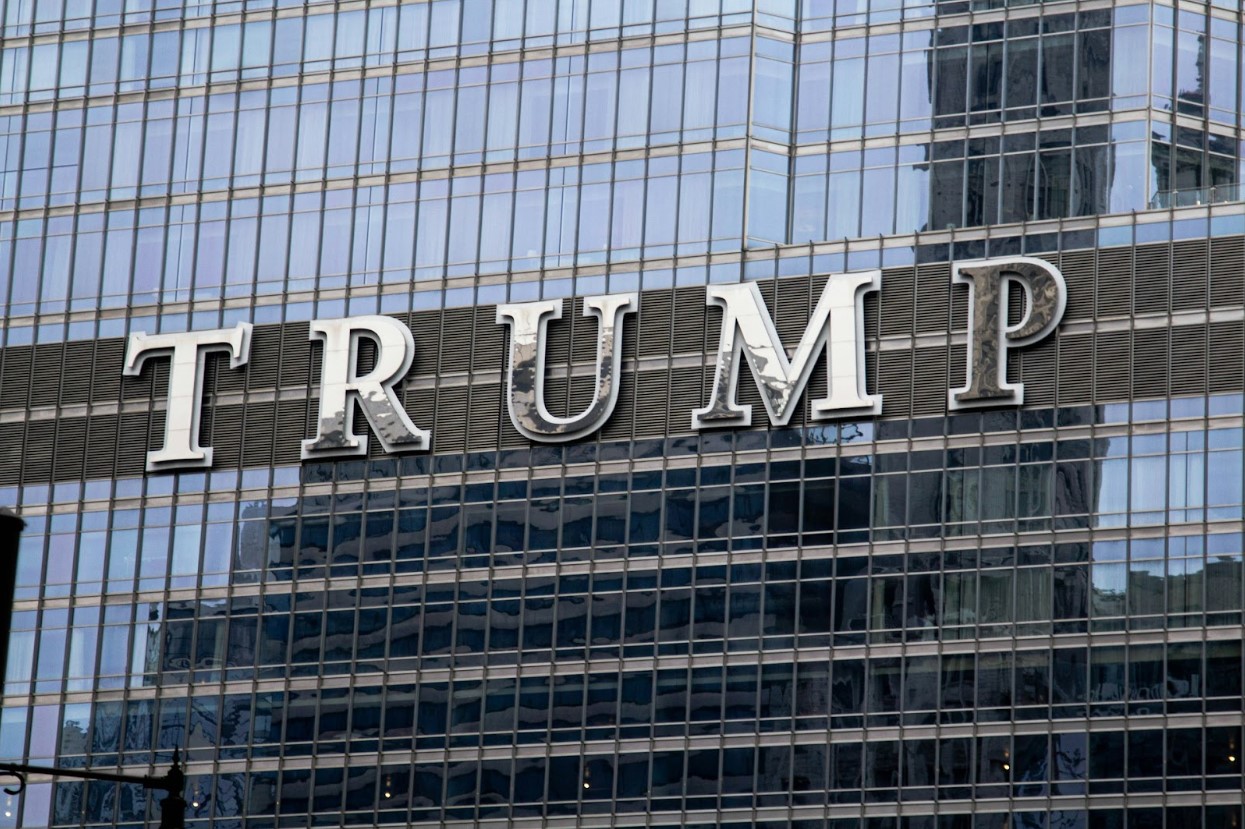
When stating that Trump “already has” delivered results for Black voters, the Trump campaign is likely referring to unemployment rates and household income levels for Black Americans under Trump’s presidency.
The current political climate seems conducive to Trump making inroads with Black voters who seem increasingly disillusioned with Biden. In particular, it seems younger Black men are receptive to Trump and his message.
Villianizing Biden
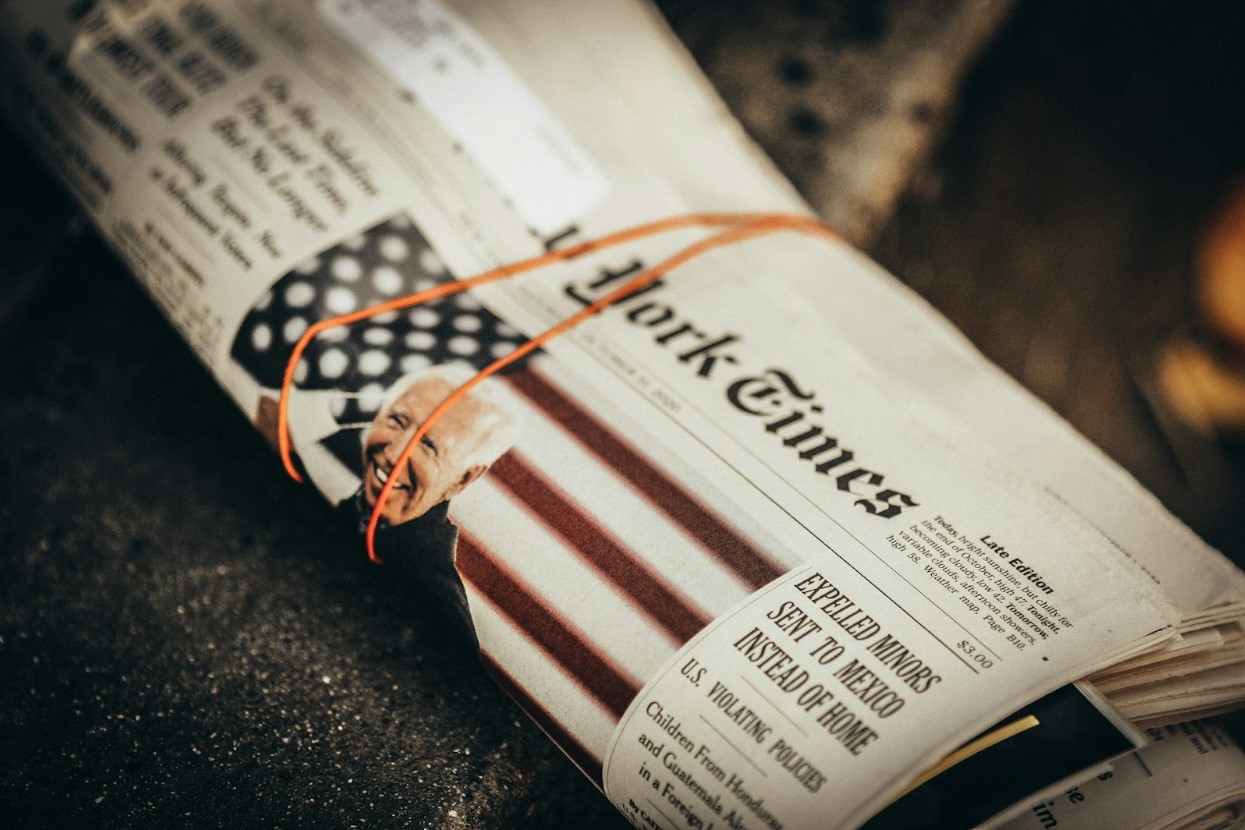
Despite Trump’s own checkered past with regard to racism dating all the way back to the 1970s, he used the Detroit roundtable to attempt to paint Biden as a threat to Black Americans.
Specifically, he was referencing Biden’s role in authoring the 1994 Crime Bill that led to mass incarceration. “He [Biden] walks around now talking about the Black vote — He’s the king of the ‘super predators,’” Trump stated. “He wrote the 1994 crime bill that you all talk about so much. I guess everybody here knows about that, especially if you happen to be Black.”
Black Voters and Trump
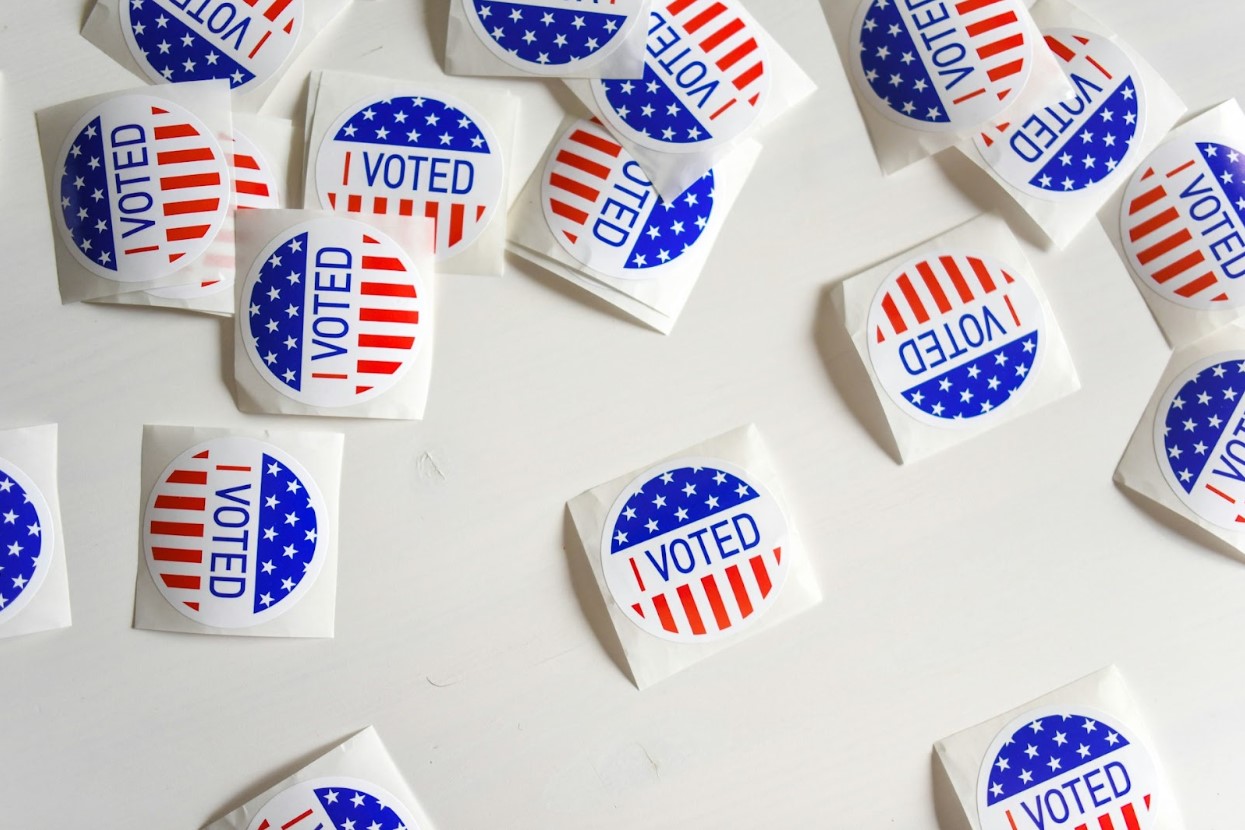
If Trump does indeed have a growing support among Black voters, this could definitely have a major impact on his election chances. Securing Black votes would directly impact the makeup of the Democratic voter base of recent years.
Despite criticism of Trump’s Detroit event and its seemingly mostly-white audience, Trump could indeed be cultivating support from young Black voters given support for Trump from Black cultural figures like Sexyy Red, Kodak Black and Lil Wayne.
